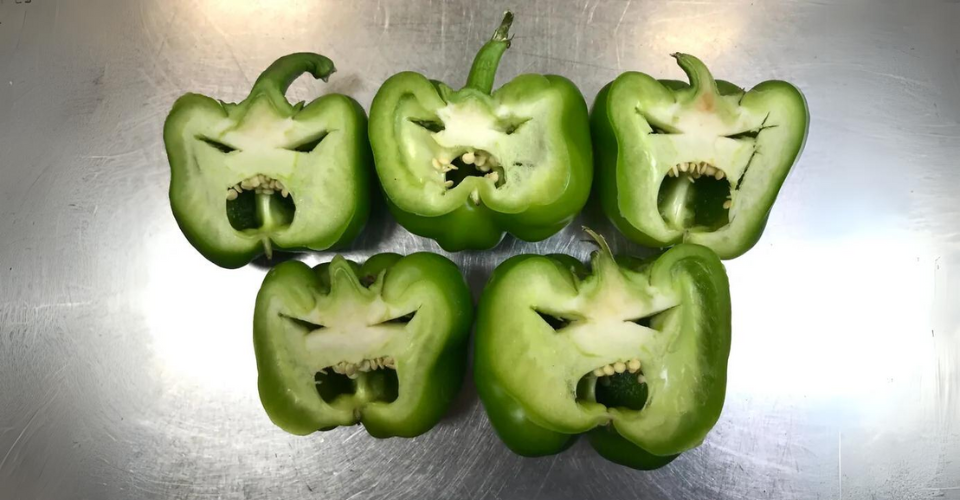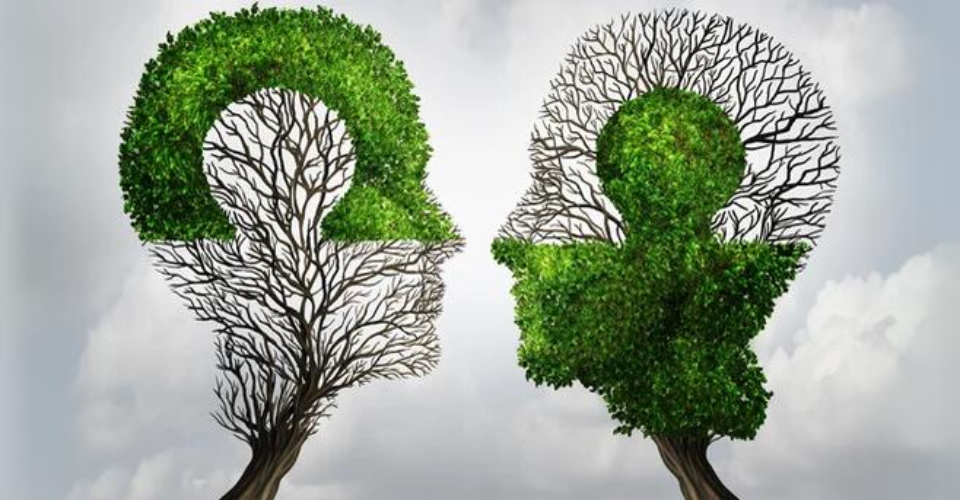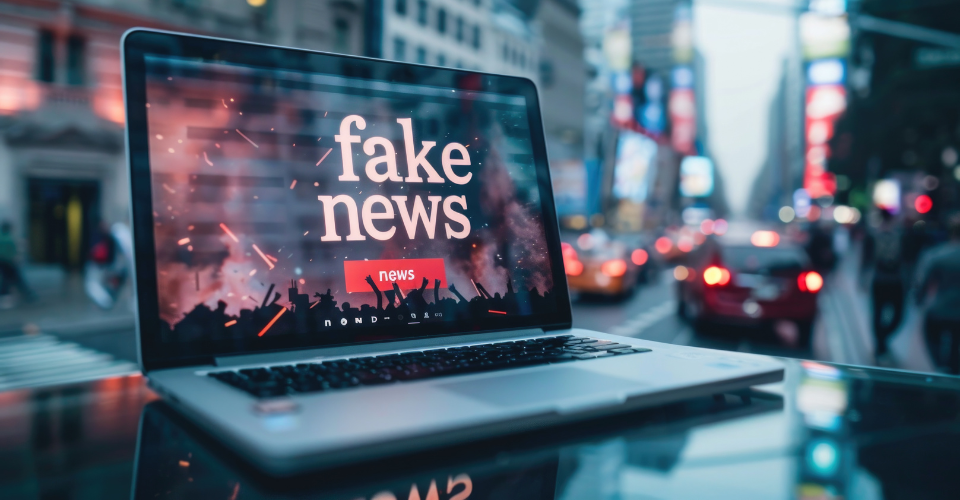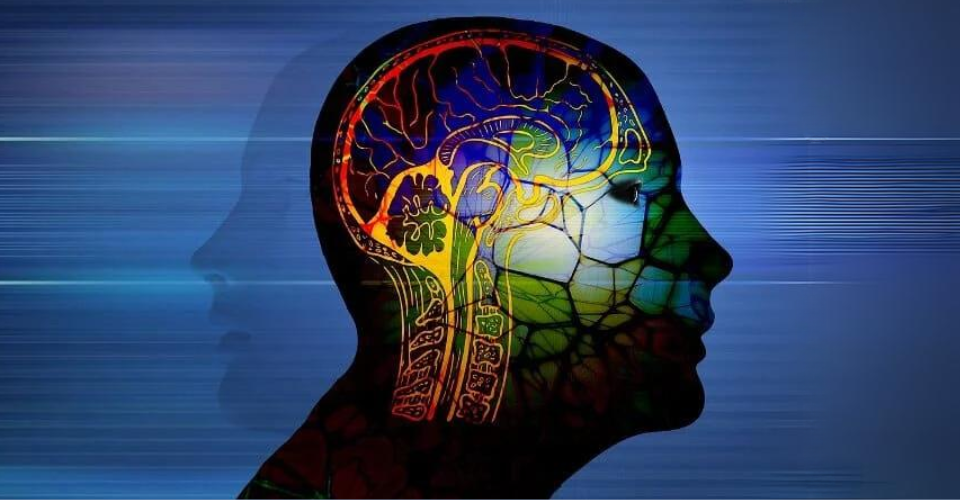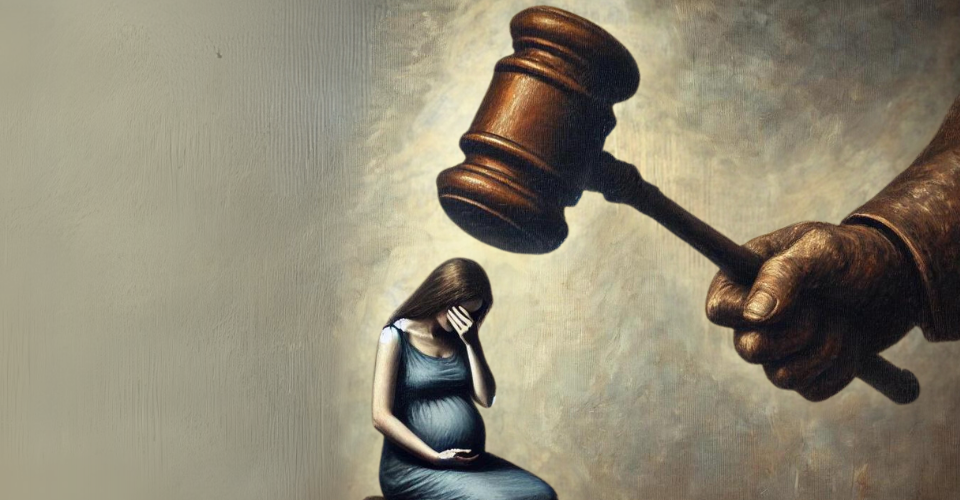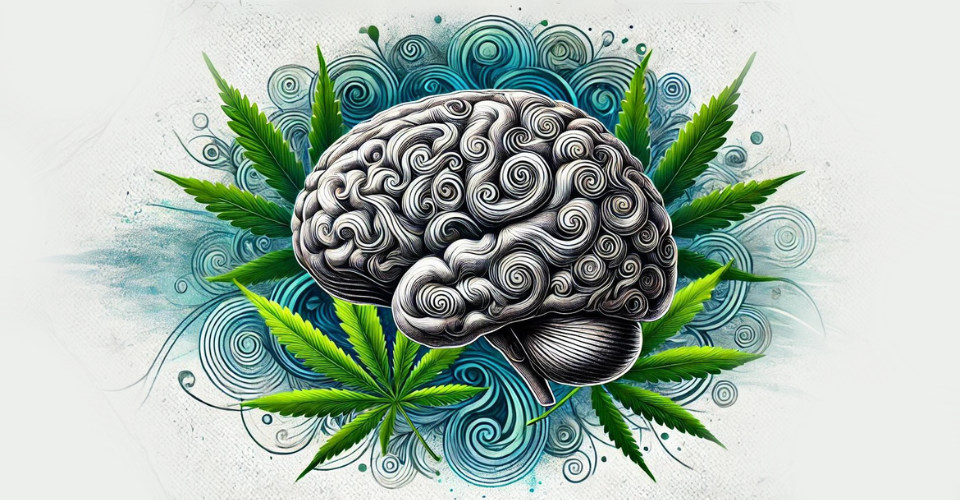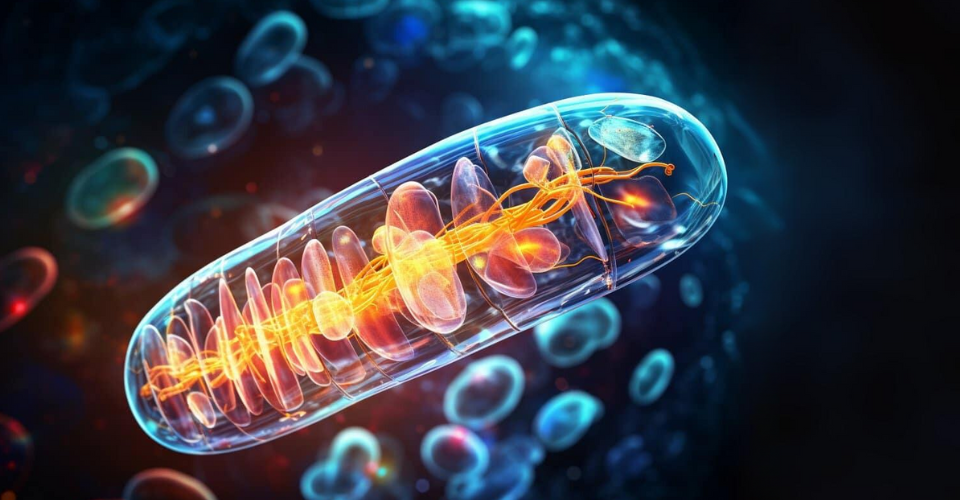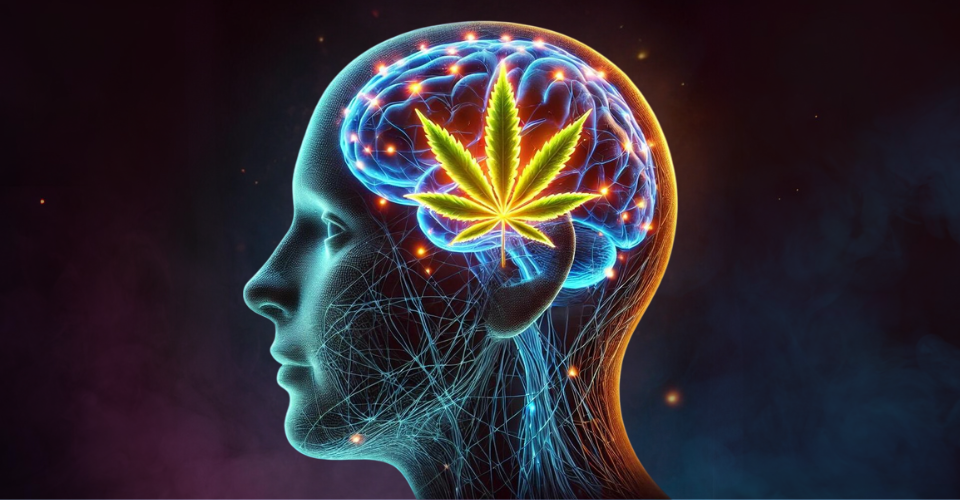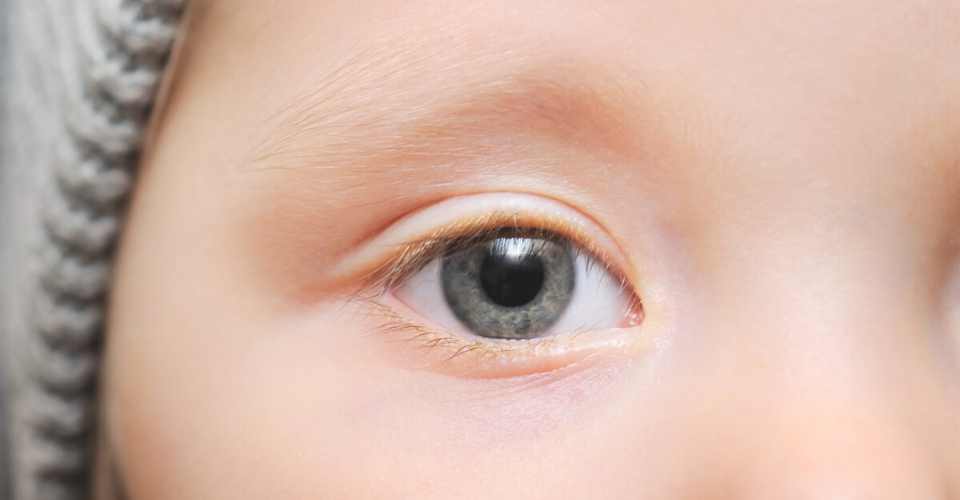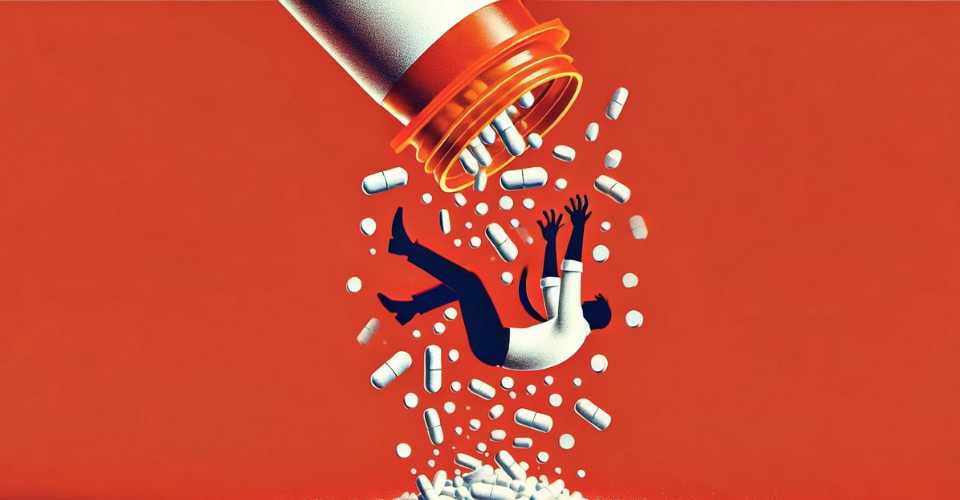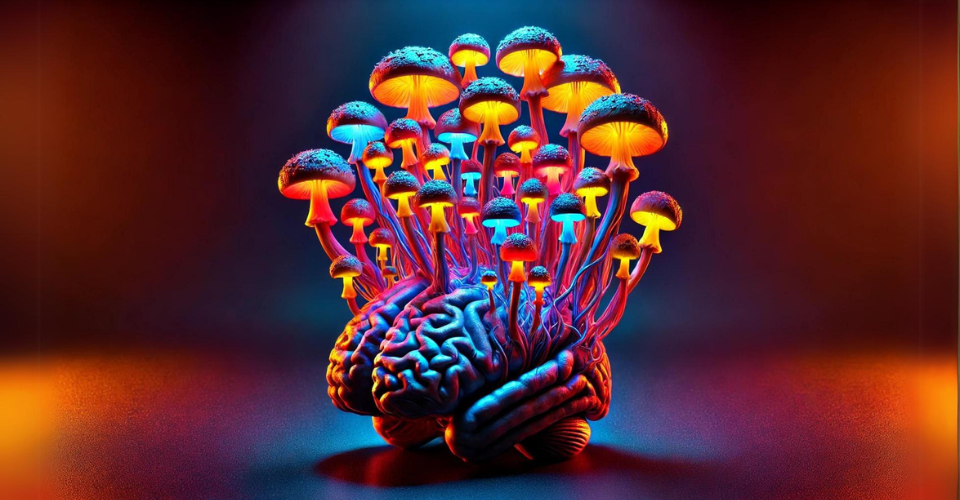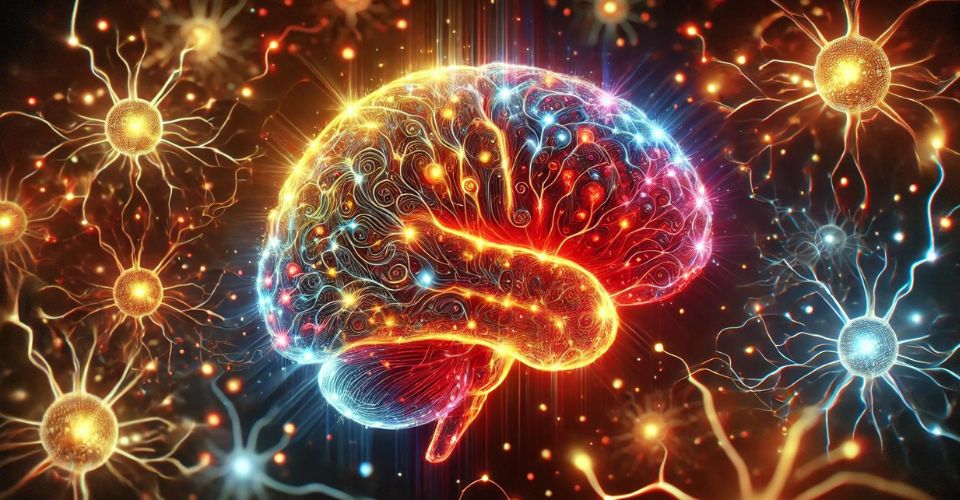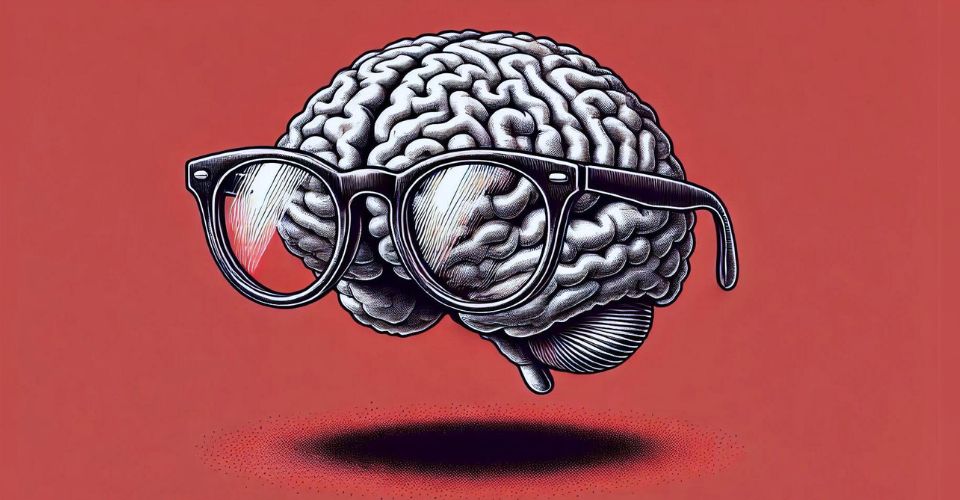Psychology News
Researchers at the American Psychological Association (APA) provided insight into how people regard lies that come true. The study is published in the Journal of Personality and Social Psychology.
The Study
The researchers designed a series of questionnaires to understand how lying is perceived to be less unethical if the lie’s broader message or “gist” has the potential to become true. They invited 3,600 participants to study a variety of false statements and reflect on predictions about how the statements might come true in the near future. The statements were reviewed beforehand by non-partisan fact-checkers and drawn from common instances of falsehood (like false political statements or “lied skills” on resumes).
The Findings
The results provided an interesting insight into the role of imagination in the formulation, perception, and spread of misinformation. It revealed that people readily condoned lies that come true or have the possibility to come true in the future. It was further observed that the lies were more excusable when they came from loved ones or famous personalities in business and politics. Even prompting the participants to reflect carefully before judging the false statements did not change their views.
The research also revealed that the participants were more willing to share misinformation on social media if they found the false information aligning with their personal or political views and supporting their ideologies.
Potential Consequences
The researchers are apprehensive that such behavior can create a societal crisis of misinformation with severe consequences like volatile political polarization and erosion of trust in public enterprises.
One of the lead authors of the study, Daniel Effron, elaborated, “This highlights the negative consequences of giving airtime to leaders in business and politics who spout falsehoods.”
To Know More You May Refer To
Helgason, B. A., & Effron, D. A. (2022). It might become true: How prefactual thinking licenses dishonesty. Journal of personality and social psychology, 10.1037/pspa0000308. Advance online publication. https://doi.org/10.1037/pspa0000308







